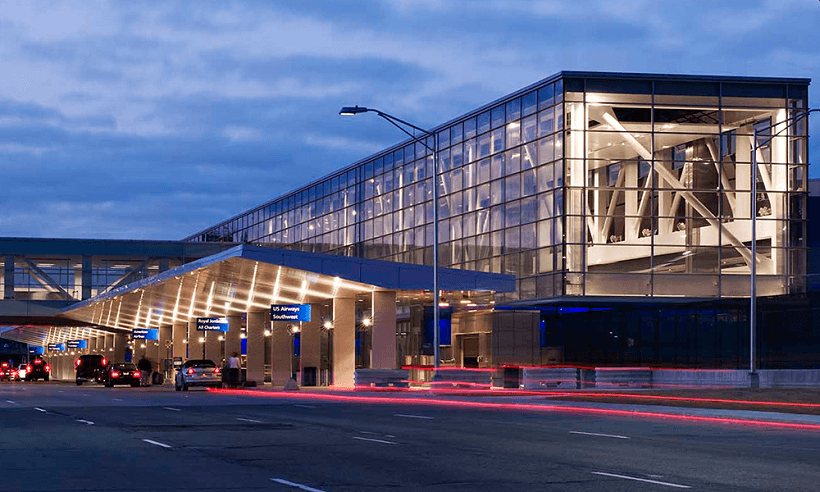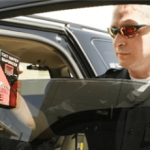DTW Detroit Metro Airport Cash Seizures
Michigan's Forfeiture Laws: A Step Backward
While 37 states have enacted forfeiture reforms over the past decade, Michigan has taken a different path, creating a new loophole for airport property seizures. Previously, Michigan's reforms required a criminal conviction for seizures contested in court, provided the property’s value was under $50,000. However, the new laws permit police employed by airport authorities at Detroit Metro Airport (DTW) and Gerald R. Ford International Airport to seize property valued over $20,000 without filing criminal charges.
In drug-related cases, Michigan law allows police to retain 100% of the proceeds from seized property, creating significant financial incentives for these practices. This change is likely to escalate property seizures, particularly at airports where cash seizures are already common.
How Airport Seizures Work
At U.S. airports, the DEA and TSA often collaborate to intercept cash during security screenings. Although there is no domestic limit on how much money travelers can carry, international travelers must report amounts over $10,000 to U.S. Customs and Border Protection (CBP). Large amounts of cash attract TSA attention, often triggering tips to DEA and FBI task forces. From there, drug-sniffing dogs and so-called "consent" searches (which are rarely truly consensual) often lead to cash seizures and travel delays, even in the absence of evidence of wrongdoing.
It’s worth noting that many drug-detection dogs are trained to respond to the scent of currency, yet officers frequently claim a positive response indicates the presence of drugs. This practice creates a misleading pretext for seizures.
Task Forces Operating in Airports
Federal and local law enforcement task forces, like CHIEF (Combined Hotel Interdiction Enforcement Team), operate within and around airports, complicating oversight. These teams often consist mostly of local police, with a single FBI agent involved, making discovery disclosures during legal challenges particularly difficult. The FBI itself neither confirms nor denies CHIEF's existence, though it is referenced in legal cases and public documents.
The Broader Impact of Michigan's Shift
This policy change amplifies existing concerns about the role of airports as hotspots for federal cash seizures. From 2006 to 2015, DEA agents seized over $7.5 million in cash across more than 430 incidents at Detroit Metro Airport alone, according to a USA Today investigation. Michigan's weakened safeguards could result in even more frequent and aggressive seizures, further infringing on travelers’ rights.






